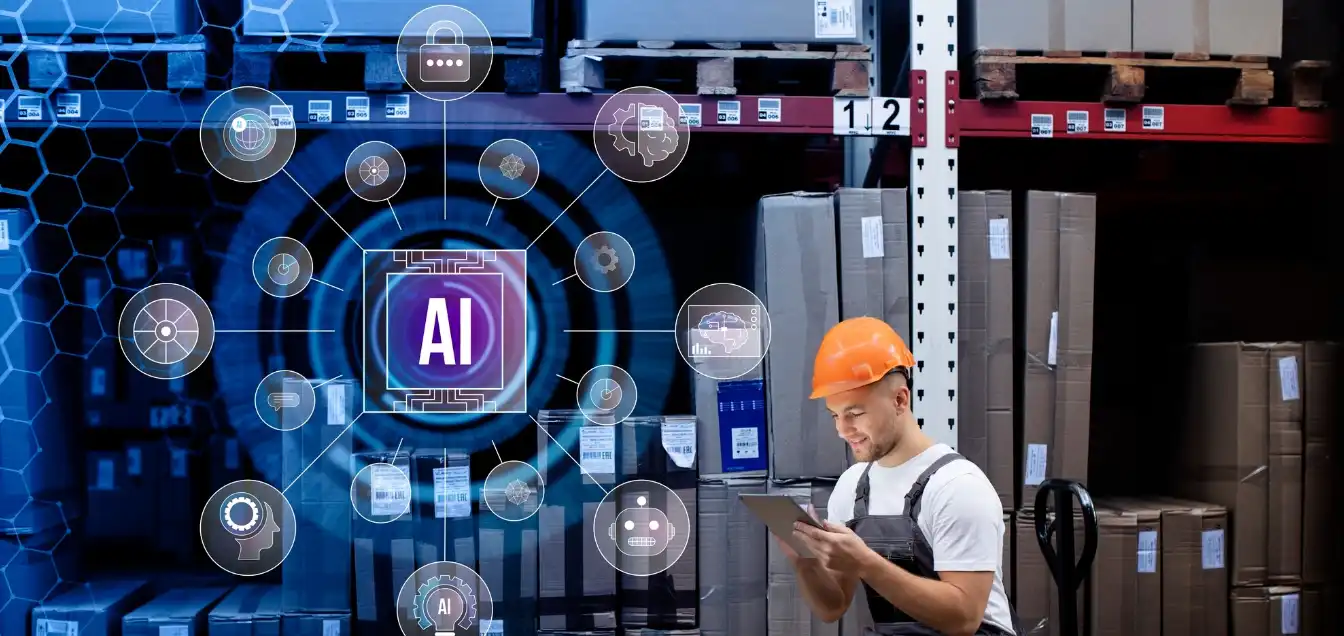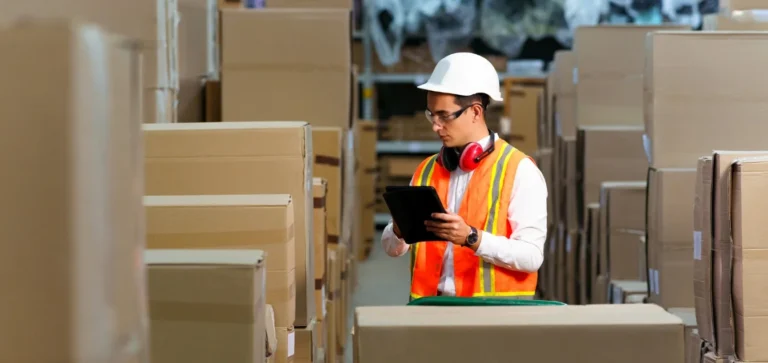In today’s fast-paced business environment, leveraging technology is crucial to maintaining competitiveness. AI in 3PL operations is emerging as a game-changer for third party logistics (3PL) companies. With automated systems, enhanced data analytics, and robust customer service, organizations can improve efficiency, reduce errors, and offer unparalleled service quality. This article delves into the profound impact of artificial intelligence on 3PL operations, and we will explore various related keywords that shed light on this transformative shift.
Table of Contents
The Importance of AI in Third-Party Logistics
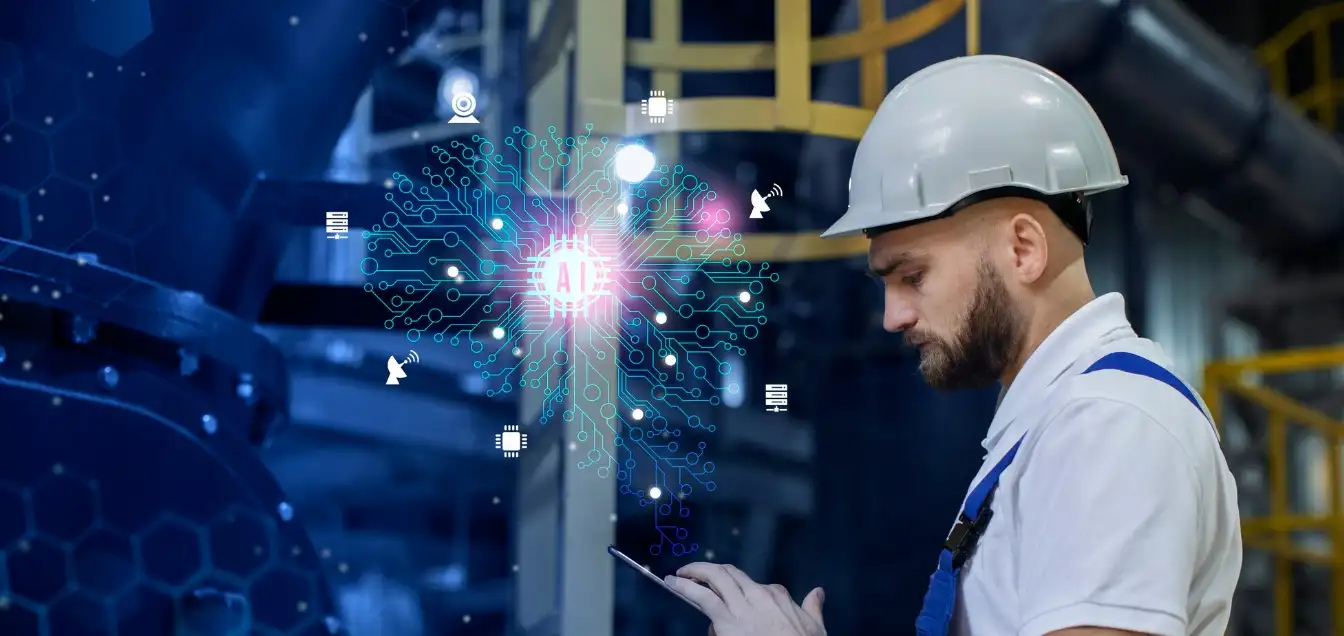
AI in third-party logistics is fundamentally changing how supply chains operate. From optimizing routes to enhancing inventory management, AI tools provide data-driven insights that allow 3PL companies to streamline their processes. According to a recent study by McKinsey, logistics companies that adopt AI technologies see a 15-20% reduction in operational costs, making AI a vital investment for future growth.
The integration of AI in logistics not only improves efficiency but also fosters a culture of innovation within companies. Many businesses that have adopted these technologies report improved workforce productivity, causing a ripple effect throughout their operations.
Enhancing 3PL Services with AI
AI in 3PL services enhances customer experience by predicting demand and improving order fulfillment accuracy. AI algorithms analyze historical data to forecast inventory needs, ensuring that the right products are delivered at the right time. A case study involving UPS highlights how the company’s advanced machine learning models reduce delivery windows and optimize shipping routes, significantly cutting down both time and costs.
According to a report by Capgemini, 70% of organizations that implemented AI in 3PL operations reported improved customer satisfaction. The efficiency gained through automating routine tasks allows customer support teams to focus on high-value strategic tasks, such as relationship building and client communication, further enhancing the overall effectiveness of logistics operations.
Example: A Case Study of Canadian Fulfillment Centers
Canadian fulfillment centers are increasingly integrating AI solutions. For example, Shopify’s fulfillment network uses AI to allocate orders to the nearest warehouses, reducing last mile delivery times. This efficiency not only meets customer expectations but also lowers shipping costs.
Table 1: Impact of AI on Fulfillment Center Operations
| Metrics | Before AI Implementation | After AI Implementation |
| Average Delivery Time | 3 Days | 1.5 Days |
| Shipping Cost per Order | $12 | $8 |
| Customer Satisfaction Rating | 78% | 92% |
Furthermore, Canadian fulfillment center operators are adopting fulfillment technology to balance fast delivery time with cost-effectiveness. Advanced AI in 3PL operations has empowered these facilities to cater to the growing demand for same-day and next-day delivery in many urban centers.
The Growth of 3PL Logistics in Canada
The adoption of AI in 3PL logistics in Canada is rapidly gaining traction. Canadian companies are leveraging AI technologies to streamline operations in a competitive market. According to Statistics Canada, the logistics sector is expected to grow by over 5% annually through 2025, largely driven by technological advancements.
One notable example is DelGate, one of Canada’s largest couriers, which has invested significantly in AI in 3PL operations to streamline its logistics processes. By integrating AI into route planning and demand forecasting, the company has become more agile in its operations, leading to improved service delivery.
Optimizing Last Mile Delivery in Canada
Optimizing last mile delivery Canada is crucial as e-commerce continues to thrive. AI in 3PL operations helps in efficient route planning and real-time tracking to ensure timely deliveries. Companies that utilize AI-powered logistics solutions see improvements in delivery times and customer satisfaction ratings.
For instance, Instacart, a grocery delivery service, uses AI to optimize its delivery routes by analyzing real-time traffic data, consumer behavior, and order history. This has led to enhanced delivery accuracy and speed, placing them ahead of their competitors.
Embracing Fulfillment Technology
With the rise of e-commerce, the need for innovative fulfillment technology is paramount. AI in 3PL operations not only improves accuracy but also supports real-time decision-making. A report from Deloitte highlights that organizations using fulfillment technology improve order accuracy by up to 98%.
For example, FedEx, leveraging AI and automation, has successfully improved its packing methods through smart robotics, where AI instructs robots on how to pack various sizes and weight categories for optimal delivery solutions.
The Role of Green Logistics
Sustainability is also a focal point where AI in 3PL operations plays a significant role. By optimizing routes and reducing transportation emissions, businesses can adopt green logistics practices. Companies employing AI solutions are more likely to implement eco-friendly logistics strategies compared to those that do not.
A report by the World Economic Forum suggests that adopting green technologies, including AI in 3PL operations for optimizing transport routes, can reduce logistics emissions by up to 30%. As consumers increasingly prioritize sustainability, companies that invest in green logistics may gain a distinct competitive advantage.
3PL Fulfillment in Canada
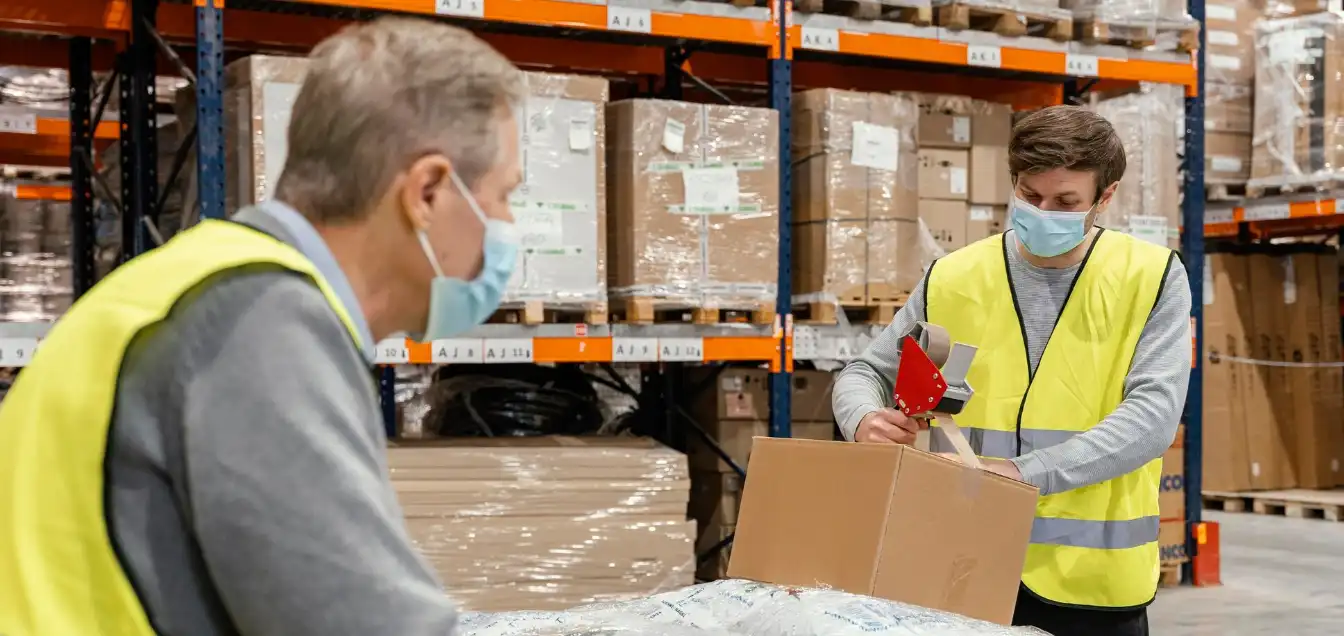
3PL fulfillment in Canada is witnessing a paradigm shift with AI’s influence. For example, companies are now equipped to manage more complex logistics networks efficiently while maintaining high service levels. By analyzing consumer trends, AI-driven systems anticipate market needs and optimize stock levels accordingly, ensuring minimal waste and maximum efficiency.
A survey conducted by the Canadian Federation of Independent Business found that 60% of Canadian businesses employing AI in 3PL operations reported enhanced inventory management and improved stock turnover rates due to AI technologies.
Utilizing Transloading Services in Canada
Transloading services in Canada benefit from AI applications that minimize delays during the transfer of goods from one mode of transport to another. AI tools predict risks and facilitate smoother transitions, enabling logistics companies to reduce lead times and operational costs.
For instance, DelGate, one of the country’s largest railway providers, has embraced AI in 3PL operations to enhance its transloading capabilities, resulting in improved service delivery and operational efficiency.
Implementing Cross-Docking in Canada
Cross-docking in Canada, a pivotal logistics strategy, is enhanced through AI. By synchronizing shipment schedules and inventory management, AI technologies ensure that goods are received and shipped out within minimal timeframes. This efficiency lowers storage costs and improves overall productivity.
Example: Walmart’s Cross-Docking Model
Walmart is a prime example of effectively employing cross-docking with AI technology in Canada. They utilize predictive analytics to anticipate inventory movement, enabling them to unload products at their distribution centers and dispatch them without unnecessary delays. This system has resulted in significant cost savings and faster restocking of stores.
Innovative 3PL Warehouse Services in Canada
In addition to traditional 3PL operations, the market for 3PL warehouse services in Canada is seeing increased demand as businesses seek tailored logistics solutions. Many third-party logistics providers offer customizable warehouse services powered by AI technology that enhances inventory management. Companies such as Kuehne + Nagel and DelGate provide these services, integrating inventory tracking systems that use AI for real-time data updates.
The Rise of Courier Services in Canada
The rise of courier services in Canada has also been influenced by AI in 3PL operations. With more consumers shifting towards online shopping, courier companies are employing AI-driven logistics for efficient package delivery. For example, Canada Post has adopted AI tools for route optimization, leading to decreased delivery times and increased customer satisfaction.
Understanding the Need for an Innovative Furniture Courier
Moreover, specialized niches such as the Innovative Furniture Courier have emerged, using AI to address unique logistical challenges. By employing intelligent routing and inventory management, these companies can ensure that large and bulky items are delivered efficiently, exemplifying the adaptability of AI in various logistics sectors.
Nationwide Big and Bulky Product Delivery
Nationwide big and bulky product delivery has transformed due to advancements in AI in 3PL operations. Companies are now capable of managing the complexities associated with the transport of heavy and oversized items. For instance, businesses like TSC Shipping have leveraged AI algorithms to optimize their logistics for large shipments, providing clients with reliable and prompt delivery services.
Innovation in 3PL
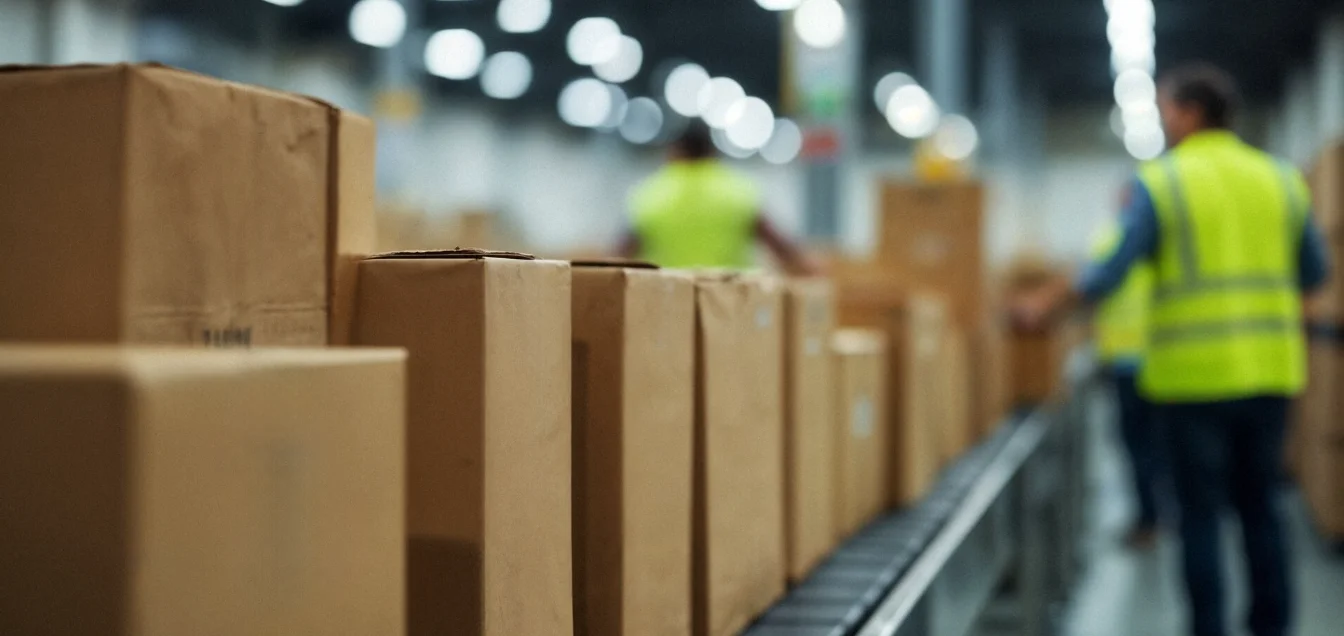
Innovation in 3PL is quintessential for staying ahead in the logistics landscape. Companies that continuously integrate AI in their operations often find themselves better prepared to face market challenges. Investments in AI solutions provide a competitive edge as they evolve supply chain strategies that align with consumer needs.
Future Trends
The future of AI in 3PL operations appears promising. Emerging AI technologies like robotic process automation (RPA) and advanced data analytics are set to transform logistics from end to end. Businesses are likely to witness the emergence of fully automated warehouses, where AI takes care of everything from picking to packing and shipping.
Conclusion
AI in 3PL operations represents a significant opportunity for optimization and innovation across the logistics sector. By leveraging these technologies, third-party logistics providers can improve efficiency, reduce costs, and deliver superior service quality. As businesses continue to embrace these investments, the future of logistics appears brighter, enabling them to respond faster and more proactively to changing market demands.

